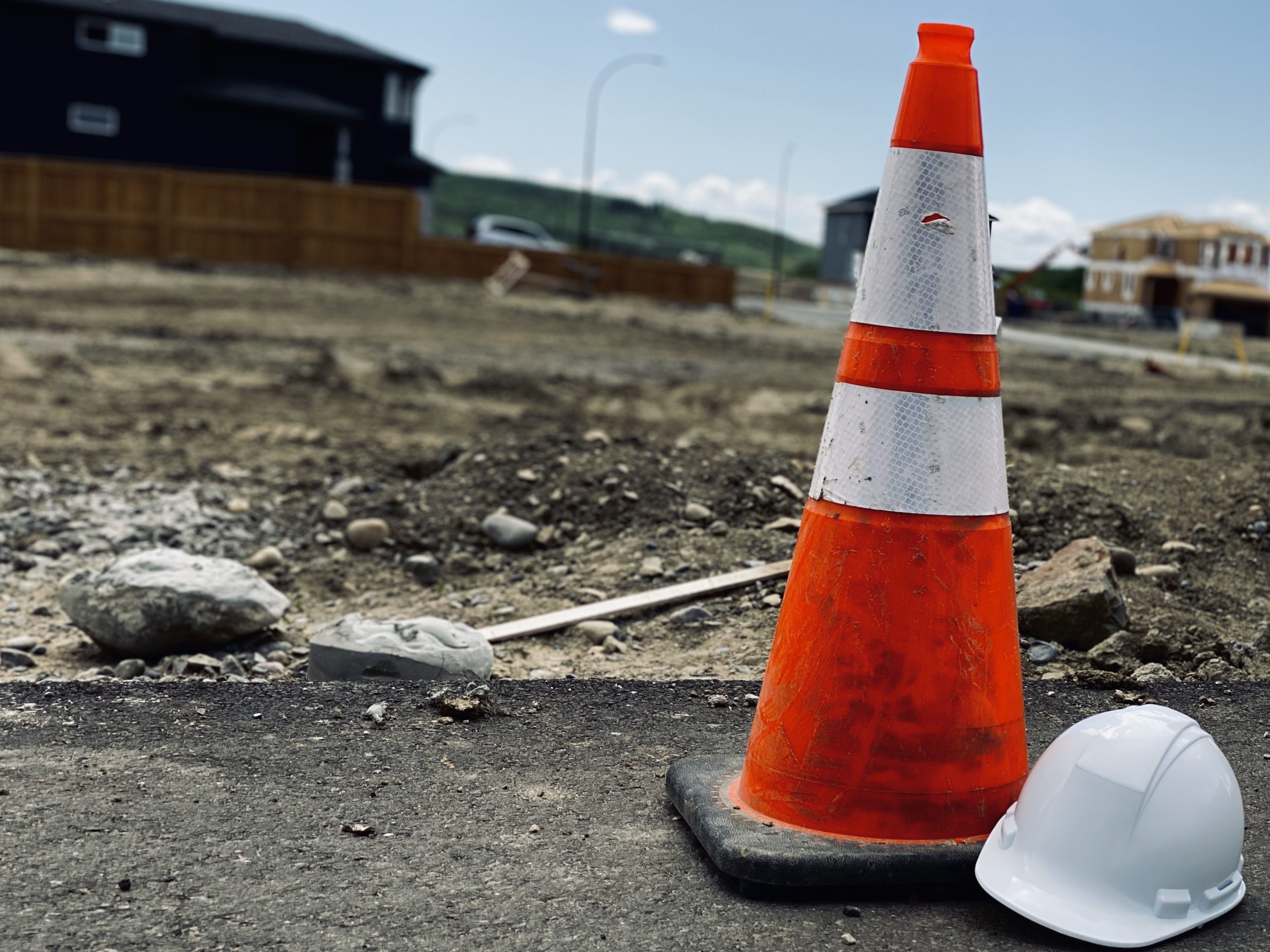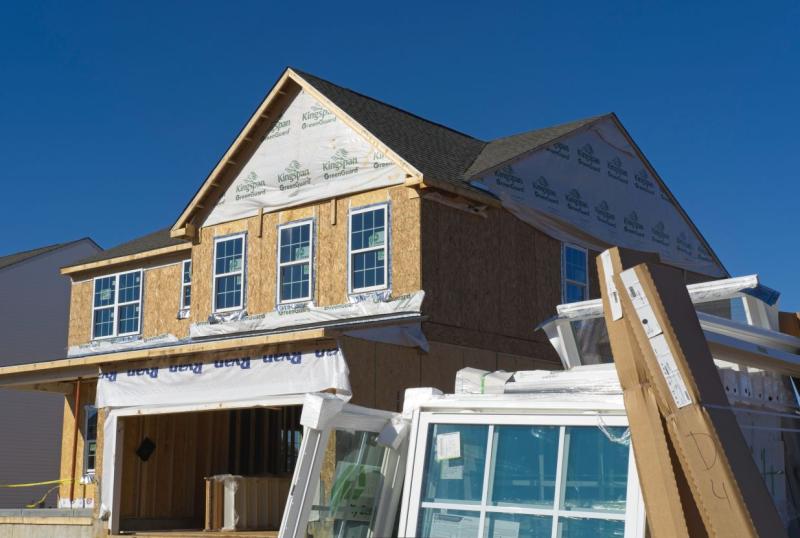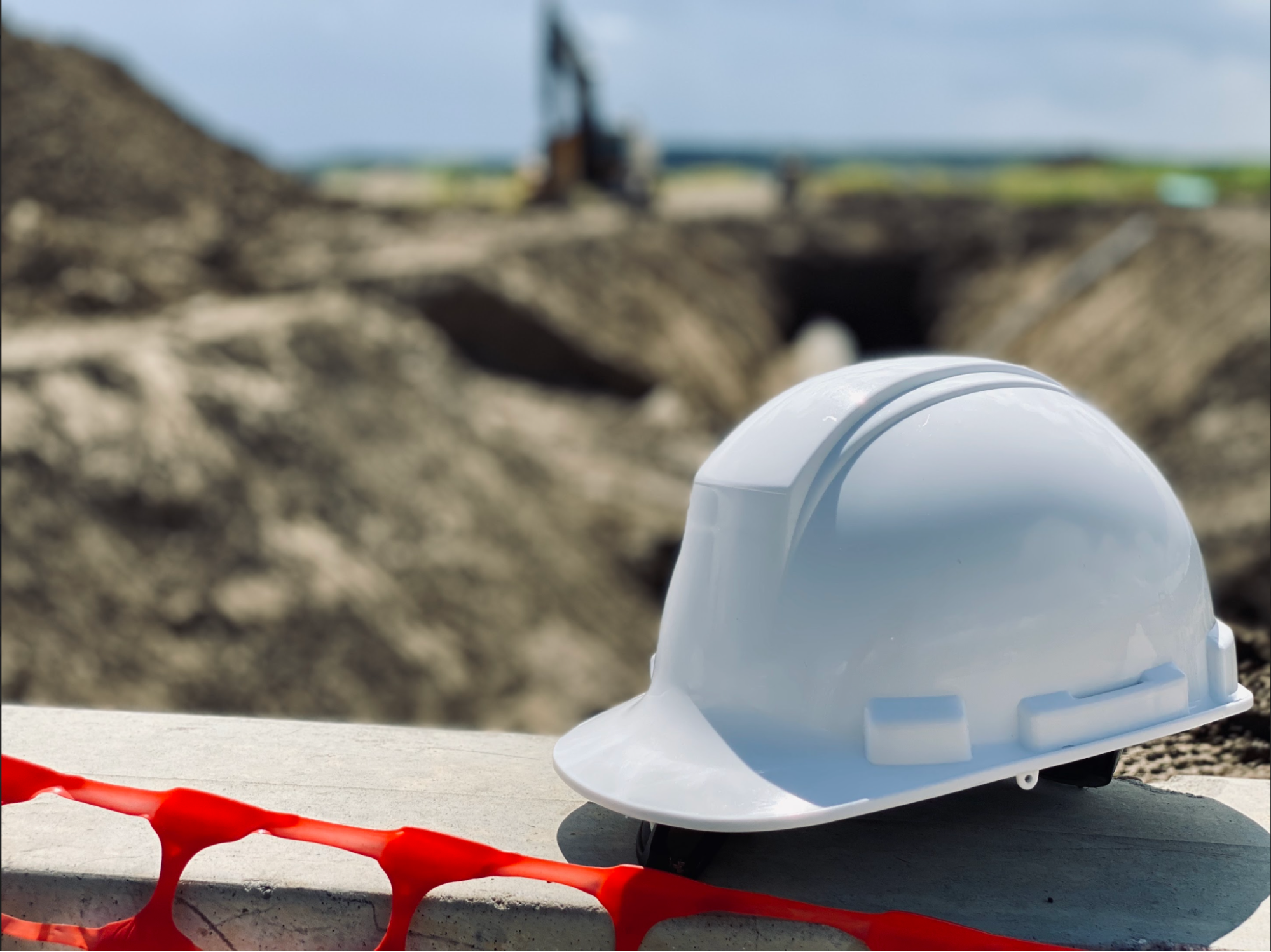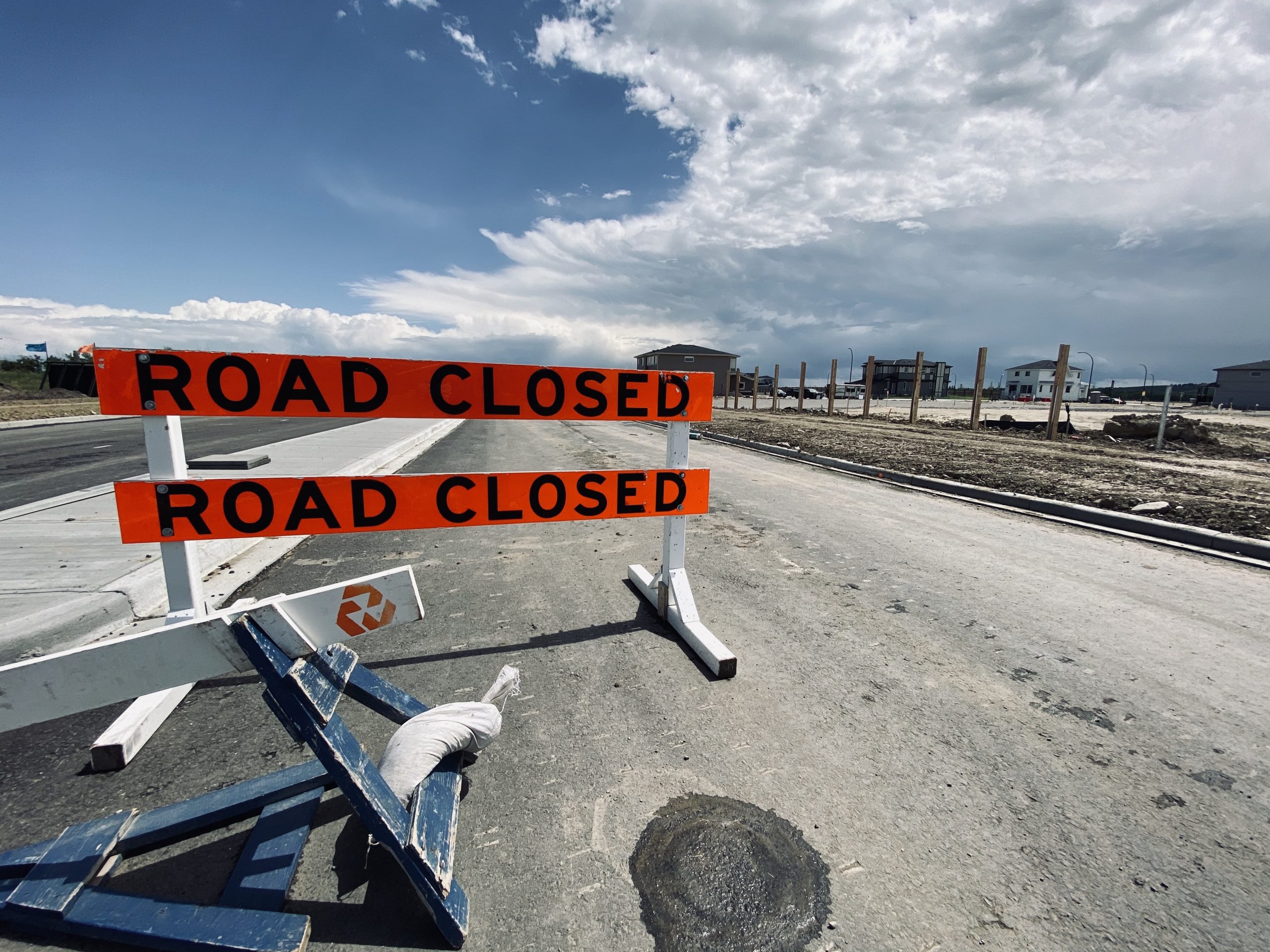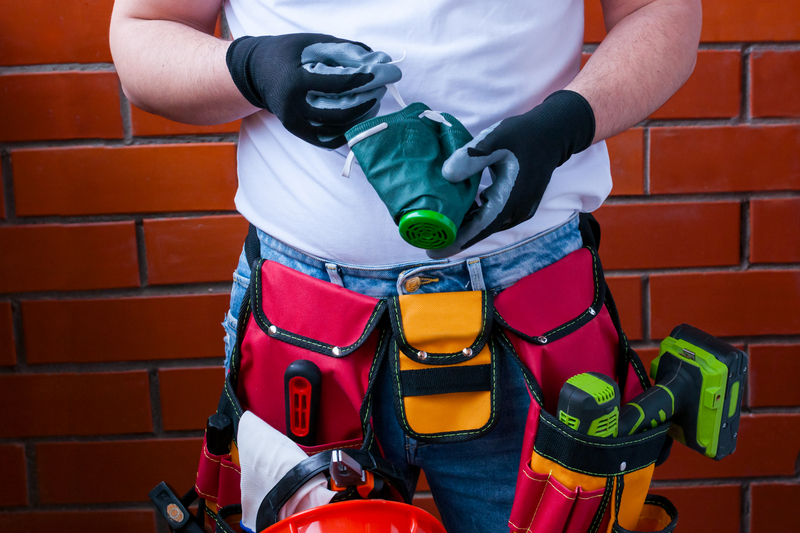Underground infrastructure is present in cities and rural areas. Careless digging can result in extensive damage to this infrastructure, injuries to workers and financial loss to those involved in the project. To prevent exposure to ground disturbance hazards, become aware of all hazards before and during digging and/or excavation projects. This contributes to a safer community and environment.
What is ground disturbance?
Ground disturbance is any work/activity that disturbs the ground (excavating, drilling, levelling, trenching, tunnelling, augering, backfilling, blasting, stripping topsoil, quarrying, clearing, grading, pounding posts, removing peat, plowing, etc.). Know what’s below before disturbing the land. To do this, contact Utility Safety Partners and request a locate before starting your project.
What are ground disturbance hazards?
There are many common ground disturbance hazards.
- Buried electrical facilities/powerlines: Electrical cables, power lines and telecommunication lines are often found underground. Research the standard depth requirements for your area and call before you dig.
- Gas lines are one of the most common ground hazards and if breached have catastrophic results.
- Unknown obstructions or unlocated buried facilities: Even if you ensure that underground facilities are located before digging, there’s a possibility of encountering unlocated underground infrastructure (old cables and/or old pipes) or natural hazards (boulders, different types of earth than the surface).
- Hydrogen Sulfide (H2S) gas is produced from the breakdown of organic material. Inhalation leads to respiratory difficulties and can result in death. It’s common to encounter H2S when digging, indicated by a rotten egg smell.
- Shoring and excavation stability: Excavations/trenches are dangerous to work in/around as there is a potential for cave-ins, collapse, flooding, and/or exposure to hazardous atmosphere (gas, vapour, dust).
- Environmental hazards: Weather can change rapidly impacting the well-being of workers excavating.
- Contact during hand exposure of buried facilities: Hand exposure reduces risks of puncturing, breaking and/or scraping underground facilities but doesn’t ensure that contact does not occur.
- Stray electrical currents may cause a number of risks on a ground disturbance site (sparking, electrocution).
What can your company do?
There are a number of ways you can reduce the possibility of difficulties and/or harm when digging/excavating:
- Ensure relevant employees receive Ground Disturbance training and are familiar with ground disturbance procedures.
- Conduct research regarding the location of underground facilities and then obtain line locates for your planned ground disturbance and the search area beyond it.
- Use hand exposure instead of mechanical exposure.
- Shore, cut back or support your excavation correctly using suitable equipment and materials to reduce serious danger.
- Check the soil type throughout the depth of the area being excavated and have a worker above in communication with workers in the excavation.
- Follow trench and excavation-specific safe work practices.
- Be prepared for unknown hazards. Dig mindfully.
- Follow applicable safe work practices and set exposure limits and rest periods.
- Follow safe work practices, including steps for de-energizing lines or running at a lesser capacity.
- Use non-conductive handles for tools.
- Use a hydro-vac to daylight underground utilities.
Stay compliant with industry standards and make sure your team is trained and ready to work on any job site. Have all workers complete safety courses pertinent to ground disturbance. Include topics such as my role as a ground disturber, understanding the hazards, damage prevention, pre-job planning, locating and marking, safe execution, ground disturbance best practices and emergency response.
Need ground disturbance courses for your employees? Looking for professional safety consultants that are passionate and knowledgeable? Want a safety consultant that responds in a timely manner and provides teaching at every opportunity? Seeking customer service that exceeds your expectations? Get in touch with 1st Quality Safety Consulting. We provide safety programs, monthly consulting packages, digital safety management software and online and in-person courses.

